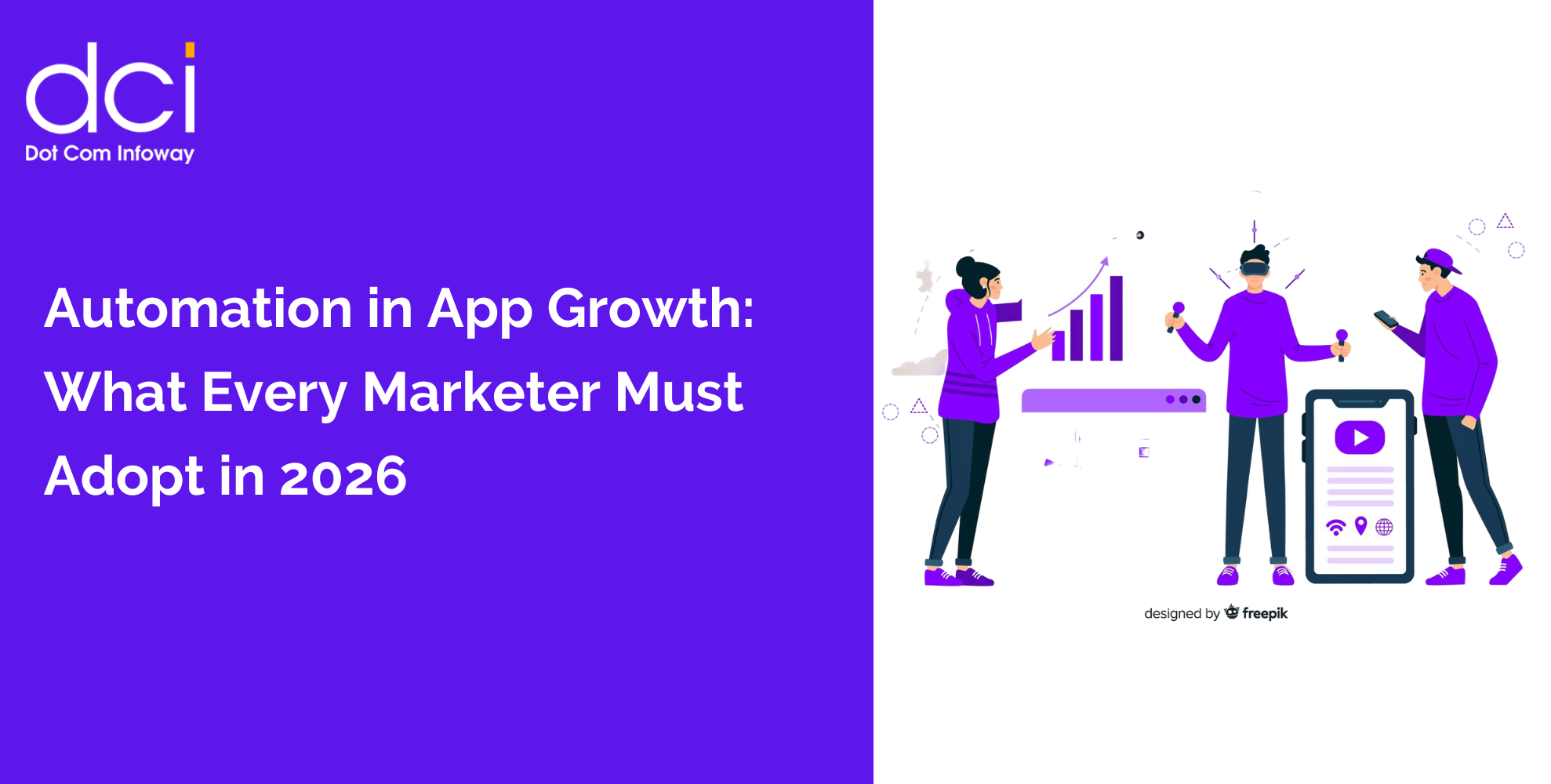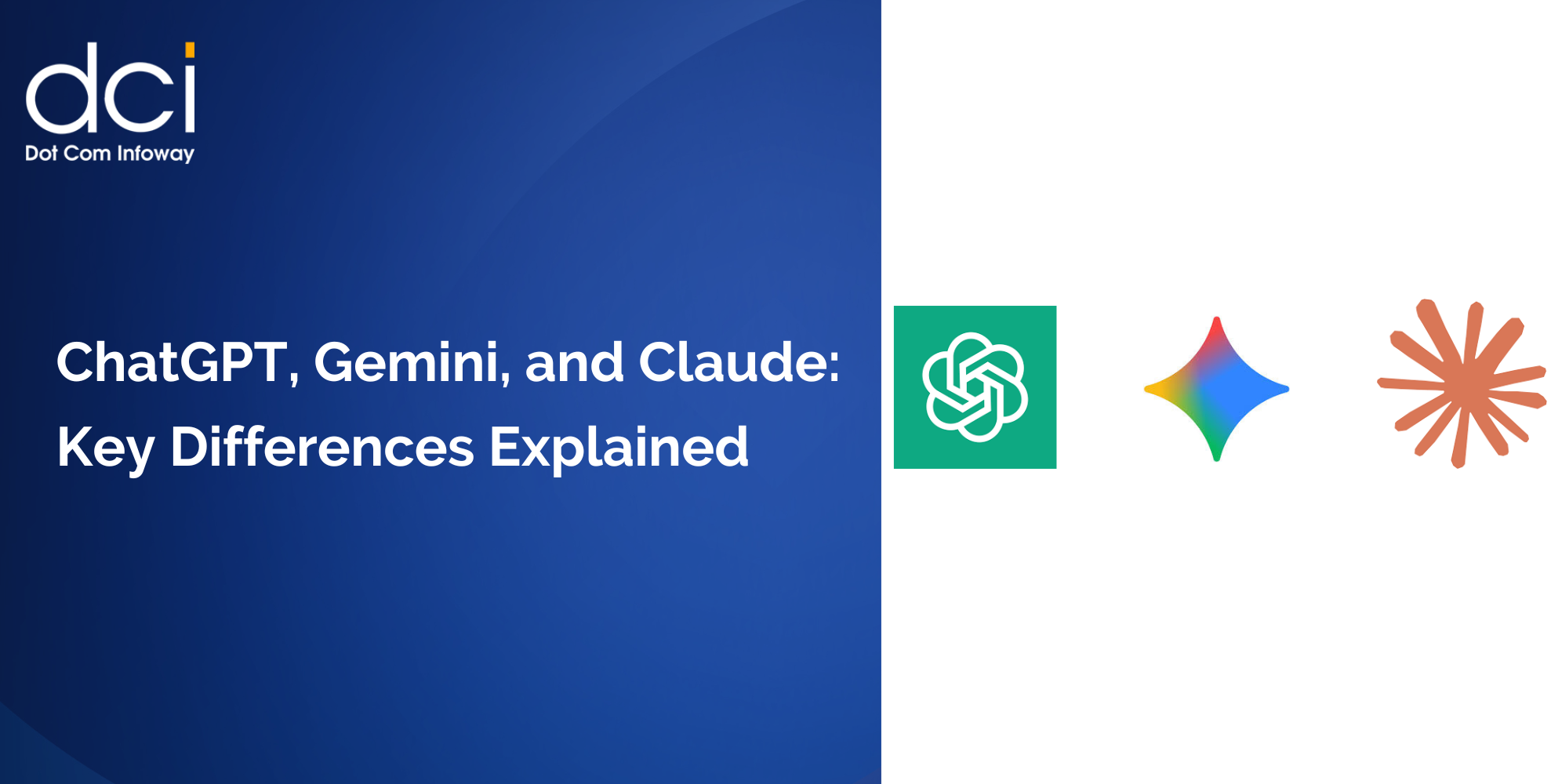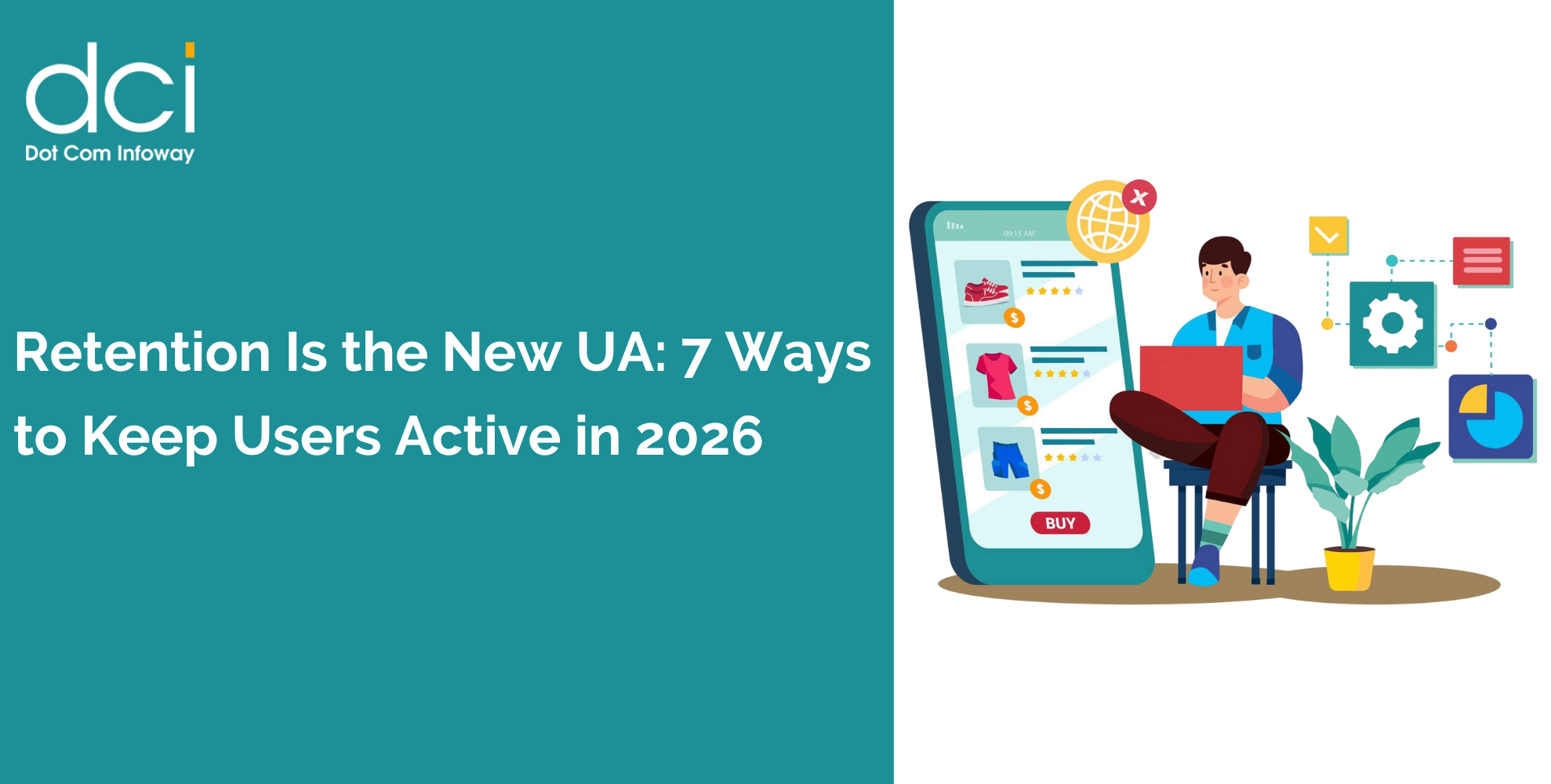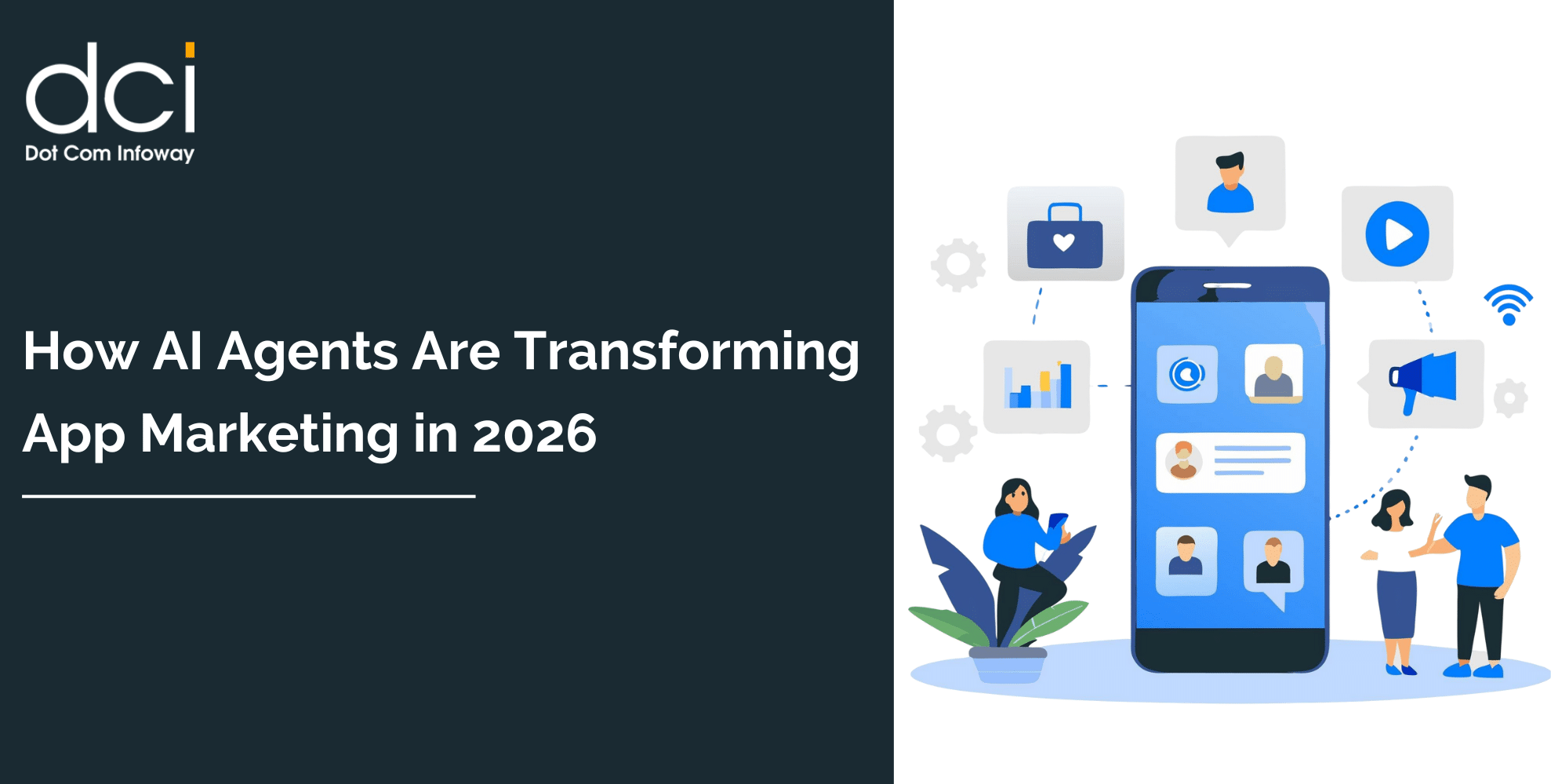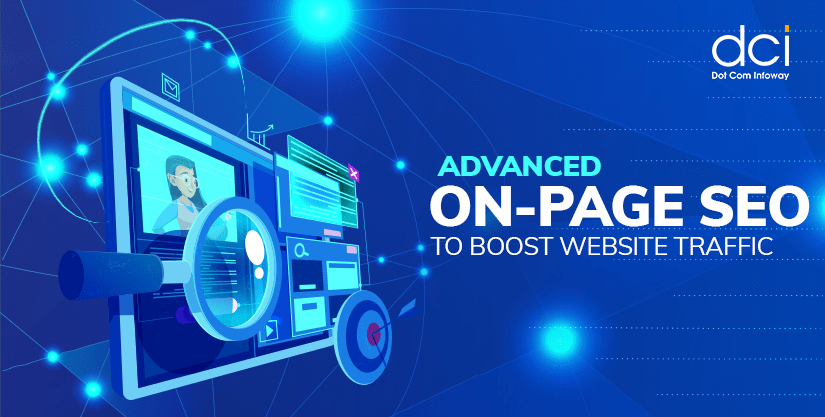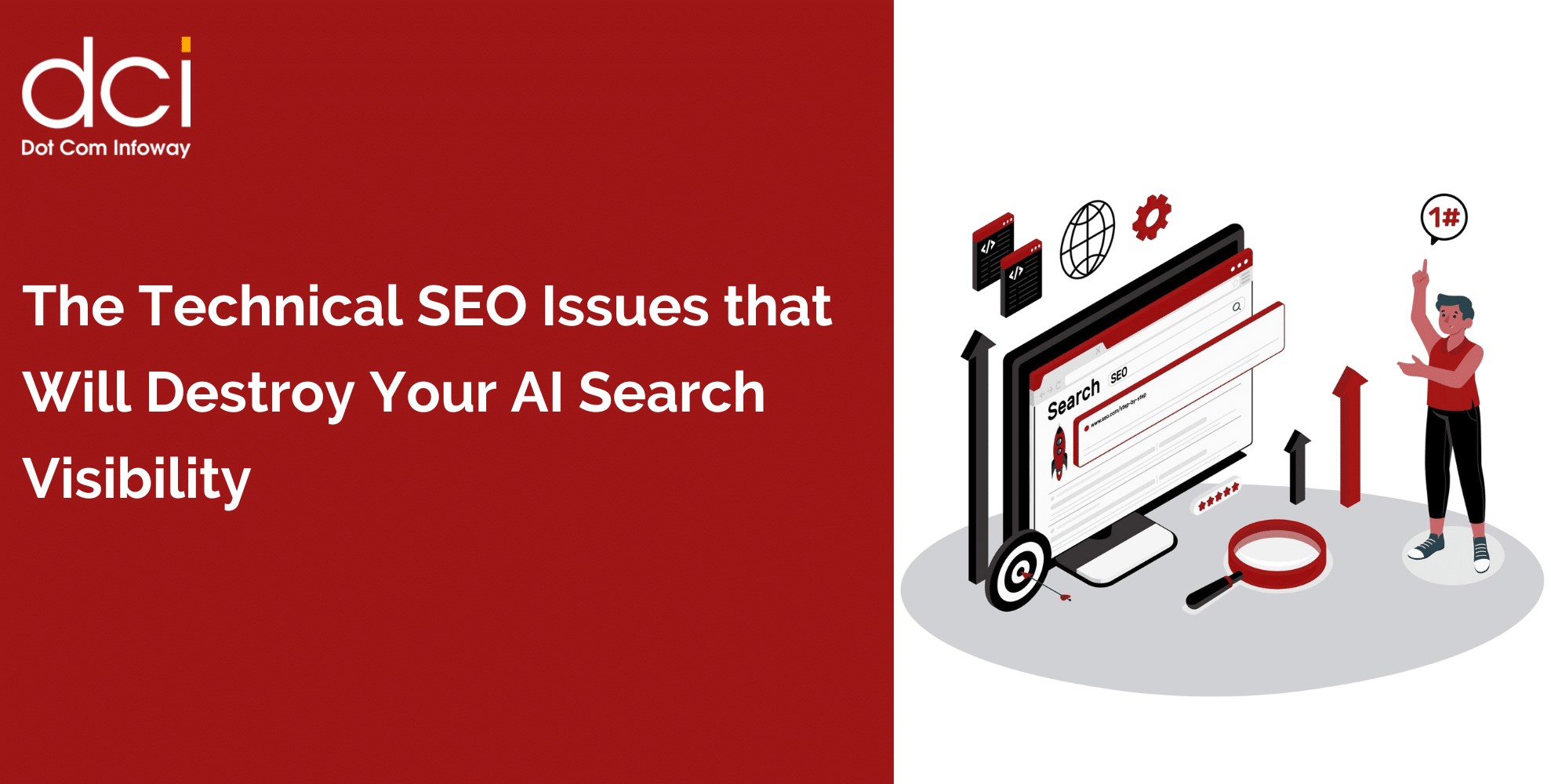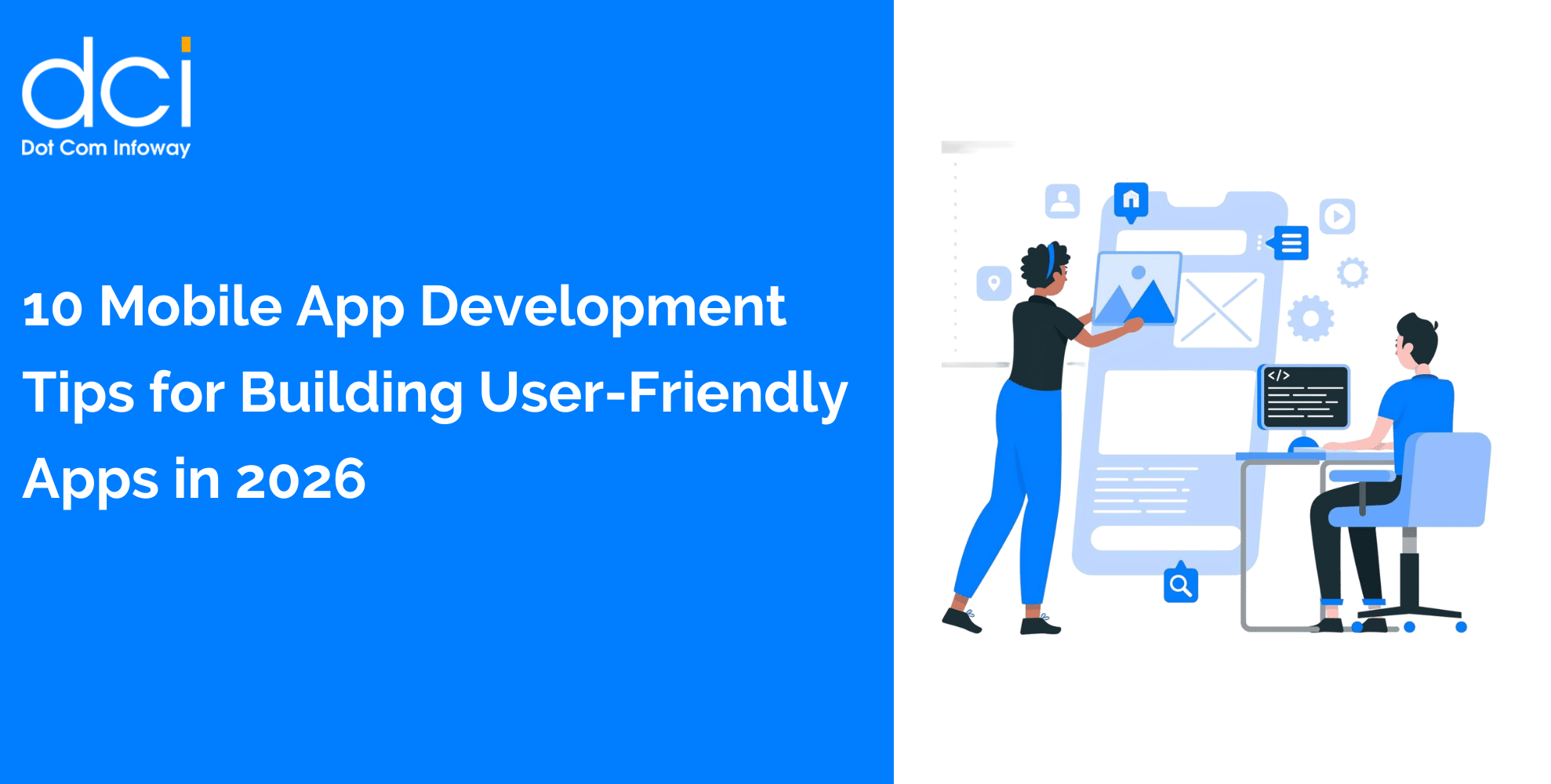What Does It Really Mean to Optimize a Page?
Before we dive into the reasons why an optimized page might not rank, it’s essential to define what “optimization” entails. At its core, optimization is about making your page as user-friendly and search-engine-friendly as possible. It involves proper keyword placement, engaging content, responsive design, and much more. However, optimization doesn’t exist in a vacuum. It works in tandem with Google’s ever-changing algorithms, user behavior, and competitive landscape.
The problem often lies in focusing too much on one aspect of SEO while neglecting others. For instance, you might have perfect on-page optimization, but if your technical SEO or backlink strategy is weak, your rankings will suffer. Optimization, therefore, is not just a one-and-done task; it’s a dynamic process that requires consistent effort and adaptability.
Reason 1: Poor Keyword Strategy
Keywords are the backbone of SEO. However, simply stuffing your page with high-ranking keywords isn’t enough to rank anymore. Search engines have evolved to prioritize content that satisfies user intent. If your keyword strategy is outdated or misaligned with what users are actually searching for, your page is unlikely to appear in top results.
For example, targeting broad keywords like “fitness tips” might bring in massive search volume, but it’s also highly competitive. Instead, focusing on long-tail keywords such as “beginner-friendly fitness tips for busy moms” can help you attract a more targeted audience while reducing competition. Regular keyword research using tools like Ahrefs, SEMrush, or Google Keyword Planner can reveal opportunities for improvement.
Reason 2: Weak Content Depth and Quality
High-ranking pages are rarely thin on content. Search engines prioritize pages that provide comprehensive, valuable information. If your content is superficial, outdated, or lacks originality, it won’t stand a chance against competitors who go the extra mile.
To fix this, aim to create content that answers every conceivable question a user might have about the topic. Include statistics, case studies, and actionable tips to build authority and trust. Incorporate multimedia elements like videos, infographics, or interactive tools to make the content more engaging. Remember, quality content isn’t just about length—it’s about depth and relevance.
Reason 3: Weak Backlink Profile
Backlinks remain one of Google’s top-ranking factors. An optimized page with a weak backlink profile is like a lone tree in a vast desert—visible but insignificant. If authoritative websites aren’t linking to your page, search engines may assume it lacks credibility.
Start by auditing your existing backlinks using tools like Moz or Ahrefs. Then, work on acquiring high-quality backlinks through strategies like guest blogging, creating linkable assets, or reaching out to influencers in your niche. Avoid spammy link-building practices, as these can do more harm than good.
Reason 4: Technical SEO Issues
Even the best content can’t rank if your website is plagued with technical issues. Slow page speed, broken links, and poor mobile usability are just a few factors that can negatively impact your rankings. Run a full website audit using tools like Google Search Console or Screaming Frog. Fix broken links, optimize your images, and ensure your website is mobile-friendly. Pay special attention to Core Web Vitals, as Google now considers them a critical ranking factor.
Reason 5: Low User Engagement Metrics
Google uses user engagement metrics like bounce rate, time on page, and click-through rate (CTR) to gauge the relevance of your content. If users are clicking on your page but leaving quickly, it sends a signal to Google that your content isn’t meeting their expectations.
To improve engagement, focus on creating compelling headlines, structuring your content for readability, and adding interactive elements. A/B testing can also help you determine what resonates best with your audience.







![The Game Marketing Guide: Pre and Post-Launch Strategies [Infographic]](https://www.dotcominfoway.com/wp-content/uploads/2023/09/DCI-Game-Marketing-blog-1.jpg)

